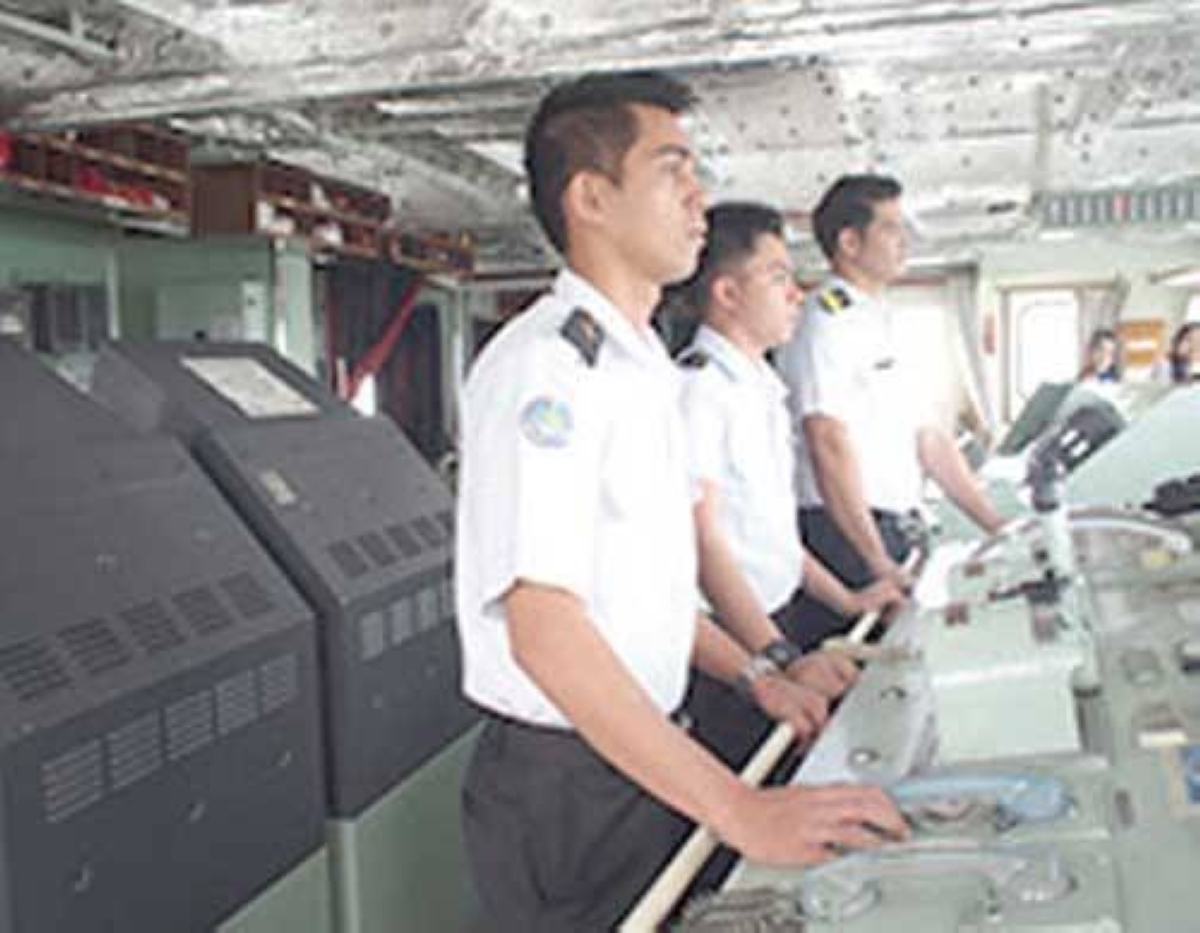SEN. Imee Marcos has raised concerns about the current state of the global maritime industry, warning that it poses a threat to the jobs of Filipino seafarers. In particular, she highlighted the constant attacks on cargo ships in the Red Sea by Houthi rebels, which have forced shipping companies to suspend their operations in the region.
“Shipping giants Maersk and Hapag-Lloyd have recently announced a halt to their operations in the Red Sea due to the increasing attacks by Yemen’s Houthi rebels, who seek retribution for the deaths of Palestinian civilians in Gaza,” Marcos explained.
These attacks are taking place at a time when shipping companies are already grappling with higher costs, lower freight charges, and a weaker demand for container transport due to an oversupply of ships. The situation has created a perfect storm for Filipino seafarers, who now face the risk of losing their jobs.
The Bab al-Mandab Strait, which connects the Indian Ocean to the Mediterranean Sea via the Red Sea and the Suez Canal, is a critical trade route. Reports indicate that more than 17,000 ships, accounting for approximately 10 to 12 percent of global trade, pass through this area each year.
On the occasion of UN International Migrant Workers Day, Marcos called on the government to confront these disruptive world events head-on and ensure that its programs for Filipino migrant workers remain relevant. She highlighted the fact that Maersk is planning to cut 10,000 jobs, and Hapag-Lloyd’s revenues have dropped by 58 percent in the third quarter compared to the previous year.
The recent missile attacks by Iranian-backed Houthi rebels have further escalated the situation. A Hapag-Lloyd containership was set ablaze, and the Maersk Gibraltar narrowly escaped a missile while transiting near Yemen. These incidents have put the jobs of Filipino seafarers at risk.
Marcos emphasized that Filipinos account for 40 percent of Maersk’s seafarers, totaling around 4,000 individuals who may lose their jobs. This would not only have a significant impact on the affected seafarers but also lead to a drop in remittances amounting to hundreds of millions of dollars annually.
It is worth noting that Filipino seafarers are among the highest-paid overseas Filipino workers. They are required to remit at least 80 percent of their salary each month, contributing approximately P6.7 billion or around 20 percent of the total remittances in 2022, according to the Bangko Sentral ng Pilipinas.
As shipping companies increasingly focus on green energy initiatives, Marcos called for better pay prospects for Filipino seafarers. She emphasized the need for not just training programs but also opportunities for deployment on methanol-enabled ships.
The Philippines has been recognized as the top source of seafarers globally in 2021, according to the United Nations Conference on Trade and Development. The Maritime Industry Authority has reported that the country deployed an average of over 400,000 Filipino seafarers overseas between 2016 and 2021.
It is crucial for the government, industry stakeholders, and international organizations to address the challenges faced by Filipino seafarers. Efforts should be made to ensure their job security, provide fair compensation, and create opportunities for growth and advancement in the maritime industry.
By acknowledging the threats posed by geopolitical conflicts and other global events, we can work towards safeguarding the livelihoods of Filipino seafarers and maintaining the country’s position as a leading provider of skilled maritime professionals.







